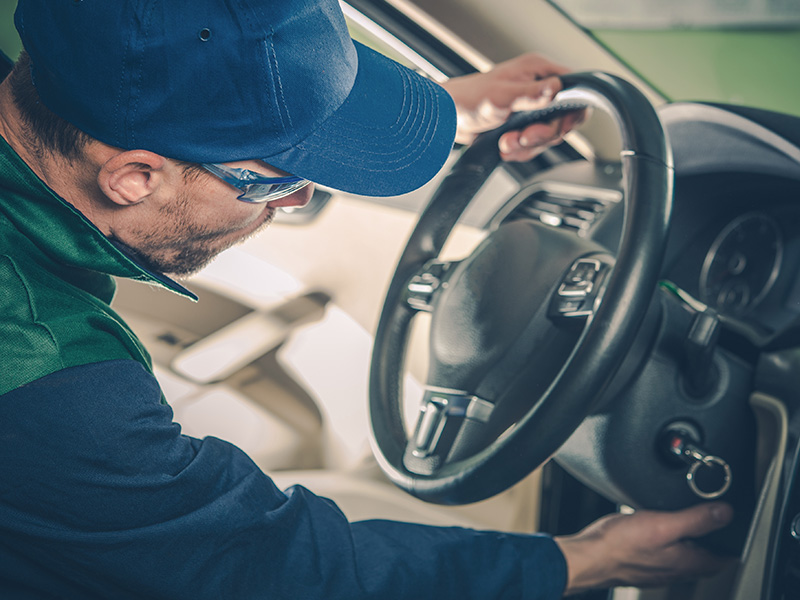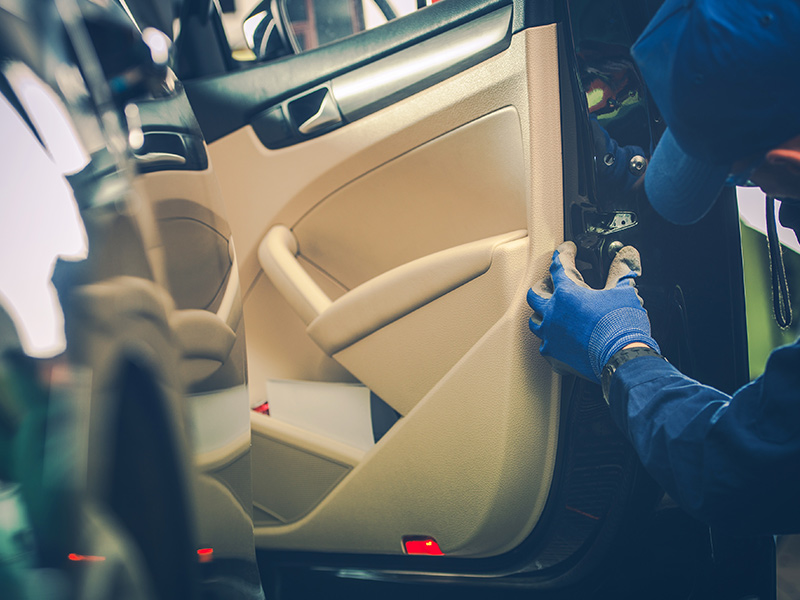Your car may unexpectedly be one of the millions recalled by manufacturers every year. By law, eligible repairs or replacements due to car recalls are free. In extreme cases, you may even be refunded, though this is up to the manufacturer.
Receiving a recall letter doesn’t mean you’re in immediate danger unless it specifies a life-threatening risk. Still, you should never delay once you know about the recall. It can become increasingly difficult to have your car repaired after time has passed, and a defect left unchecked can become very dangerous.
If you’ve received a letter from your automobile manufacturer, your first step is to read it carefully for details. Next, understand the National Highway Traffic Safety Administration (NHTSA), the government agency in charge of roadway safety and vehicle performance standards. Know your rights to a repair. Once these steps are complete and you have all the information you need, you can visit your local automobile dealership or contact the manufacturer.
What to do when you receive a recall letter
You may hear from your automobile company before notice of the recall becomes widespread. Auto manufacturers must inform vehicle owners of defects and recalls within a reasonable span of time – they have up to 60 days for their letter to reach you.

The letter should clearly describe the defect, the risks caused by the defect, and the warning signs of the defect on your vehicle. It should also list what the manufacturer will do to solve the issue, where repairs for your vehicle will be available, and how long repairs will take. There may even be alternative ways to fix your vehicle, such as different dates and dealership locations, according to your manufacturer.
Understand the NHTSA
Staying up to date with the latest information on your vehicle is important, as is knowing your rights. One of the best ways to do both is to check with the National Highway Traffic Safety Administration (NHTSA).

The NHTSA informational website lists information that will help you stay safe, including regularly updated recalls for different cars. They also offer email alerts to help you stay on top of your vehicle’s recalls. Even if you haven’t received a mailed notice, your manufacturer must honour the recall.
The NHTSA can also be contacted if your manufacturer refuses to repair the defect without cost. It’s also important to know what you’re eligible for when it comes to vehicle recall-related fixes.
Know your rights to a repair
By law, you’re entitled to a free repair or replacement due to a recall, or a refund should the manufacturer so choose. Even if a vehicle defect would call for a lengthy and expensive repair, vehicle recalls on the NHTSA recall list shouldn’t cost you a dime to fix. You can even claim repairs of the issue if you had them done before a notice was issued.

The only exception is if your used car is 10 years old or more, at which point it will be too old for a repair or refund. That age is determined from the date the original owner purchased the vehicle.
Hearing that your vehicle may be recalled can be scary, and you may fear for the worst. Thankfully, reading the details of your recall letter, being aware of the NHTSA and knowing your rights as an automobile driver will help you find a solution relating to your vehicle model’s recall.

Leave a Reply